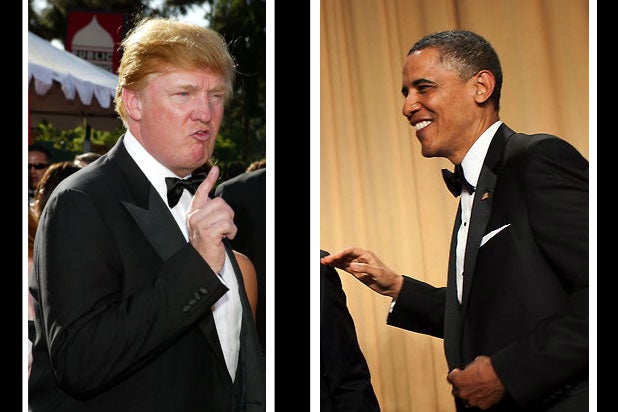Personal branding is indeed fast
becoming an important part of living a virtual online existence. As a matter of
fact, the phrase “personal branding” is not ubiquitous a few decades ago. With
the arrival of various forms of social media such as Facebook, Instagram,
Twitter, LinkedIn, Youtube and etc, users are encouraged “to boost social
status, [as] young professionals adopt self-consciously constructed personas
and market themselves, like brands or celebrities, to an audience or fan base”
as quoted in Alice Marwick’s book, Status
Update.
 |
| (Image Source: The Guardian) |
I, myself have various Facebook,
Youtube, Instagram and LinkedIn accounts as I enjoy social media very much.
However, I have noticed that spending a huge amount of time on social media has
not only caused minor migraines as a result of staring at the computer screen
for too long, but also took a toll of my mental health as I felt emotionally
drained after using social media. So, today, I shall be evaluating both the
positive and negative cultural effects of personal branding on social media.
Not too long ago, a news about a
beautiful Australian teen, Essena O’Neill with more than 612,000 Instagram
followers quit Instagram claiming social media “is not real life” (Hunt, 2015).
She described it as “contrived perfection made to get attention”. Essentially,
she was self-promoting herself on social media and somehow became consumed in
personal branding herself so much so that she decided to delete thousands of
photos “that served no real purpose other than self-promotion”.
According to Alice in Status Update, “strategic online
self-presentation plays an enormous role in increasing one’s social status, how
one is viewed both online and off”. Nonetheless, Essena’s “strategic
presentation” of herself online was to “suck in stomachs” or to “push up
boobs”. She got sick of constantly hungering for social media validation and
thus, her decision to quit.
I truly admire her bravery and
honesty in doing so. She has made me realized that you should not obsess over
your virtual self-image. I guess it took a humongous toll on Essena’s mental
health although she was paid to market products on social media.
 |
| (Image Source: Hollywood Reporter) |
On the other hand, personal
branding can have positive impacts on your professional career. For instance,
the judges known as “sharks” on the popular national TV show
Shark Tank are constantly encouraging
and advising business pitchers to “personally brand” their businesses as consumers
easily associate the products they wish to buy with your brand. There are so
many products with similar functions. To consumers, we just want a quick
solution and will buy the product with the more popular brand. Thus, earning
money and gaining recognition are the perks of personal branding whether it be
on social media, business companies or in your career.
In sum, I do not think personal
branding is a bad or good thing, per se. However, I do agree with Llopis’s
statement that personal branding is not just about self-promotion, it is a
full-time commitment to the journey of defining yourself as a leader. With that
said, social media should be used responsibly and appropriately to wholly
optimize the personal branding building experience.




